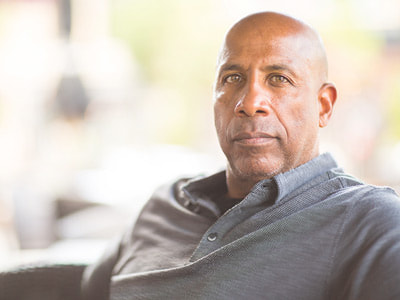Medical Care
Connection with a primary care provider (PCP or family doctor) familiar with MCI/dementia is important for ongoing care. You may also want a cognitive neurology specialist as part of your team. These professionals can help you find the best treatments to manage symptoms and, if you are interested, direct you toward possible research studies.
Lifestyle Changes
Research shows practicing healthy lifestyle choices delays progression. Increasing physical activity, eating healthy, limiting alcohol consumption, managing stress, staying connected with social activities and engaging in more cognitive activities are a few changes to consider.
Future Planning
Planning for the future is especially important when someone is diagnosed with MCI or dementia. Care may become expensive and thinking ahead may allow access to additional resources. Learn more here.
Safety
When diagnosed with mild cognitive impairment or dementia, there are important safety concerns to consider. One may be more susceptible to financial scams, even early in the disease. Driving, falls, wandering, and managing access to weapons are also important considerations.



